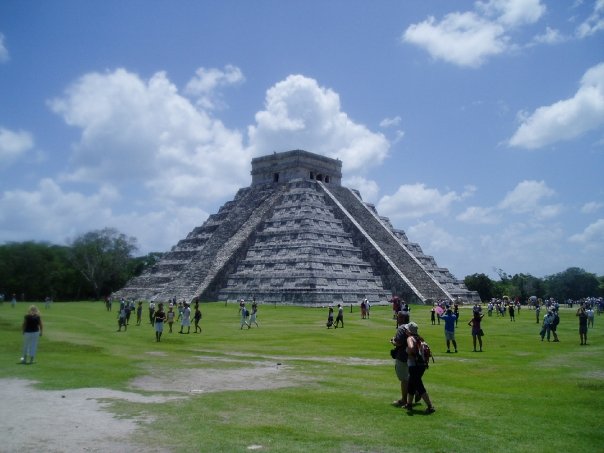When most people think of economics, they think of either boring lecturers droning on about how to balance your checkbook or about people arguing over tax policy. In reality, economics is an extremely complicated subject essentially dealing with a simple concept, which is money. How do people get it? How do they spend it?
Even the most primitive cultures have some sort of economy, whether it is simple barter or the even simpler gift exchange. When you are conceiving of how a society works, the economy is one of the core aspects you need to have. After all, if you’re rich, you’re likely to be powerful, so this feeds right into the Hierarchy of Social Estates.
So, the first thing one needs to think about is how trade is actually accomplished. From simplest to most advanced, these are the common ways people trade:
- Gift exchange: You leave something for me, I leave something for you.
- Barter: You have something for me, I have something for you, we negotiate how much of what I have you need for me to get what I want.
- Medium of Exchange: You have something for me, but I don’t have anything you want. Instead, I’ll trade my goods for salt (or grain or precious metals or whatever almost everyone wants), then trade you that for what I want. You use the salt (or whatever) to trade for what you want.
- Currency: We as a society agree as to the value of a specific medium of exchange, whether it’s coinage, paper money, or something else.
- Credit: Intermediaries will loan you money (perhaps charging interest) so you can afford large purchases.
Not every society needs currency. Generally, the smaller the towns and society, the less need for currency there is. There are societies now that still use barter. There are tribes in the Amazon who use tobacco as the medium of exchange.
Once you know how people are going to trade goods and services, you have to decide what goods and services are available and how people provide them. Are there guilds involved? How do they work? Who mints the money? How? If someone starts hoarding the medium of exchange, what happens? How does inheritance work? If someone comes in with a completely different currency, do they accept it, or do they have to exchange it? How much does that cost? Does that change the prices of imports?
Another thing to think about is the relative rarity of certain goods and services. For example, lumber is very rare in Myos. This means that wooden furniture is very valuable and commands high prices. That same furniture in one of the Jungle empires might be sold for just over the cost of manufacture. Remember, when gold was found in California, using the gold to buy things in California became difficult because a lot of people had it. It wasn’t until they started shipping it East did the economy stabilize and people got rich.
Finally, think about how forbidding things changes the economy. In Myos, certain types of magic are illegal (like Necromancy). Shildaria outlaws magic entirely. Restricting certain goods and services may drastically increase the price or make it impossible to find. So, there are magic users in Shildaria, but if you’re desperate enough to try to find one, you’ll pay a huge amount for them to take the risk of casting that spell for you.
Next week, I’ll be celebrating Christmas and the week after I’ll be celebrating New Year’s, so I won’t be posting. I’ll see you next year!

